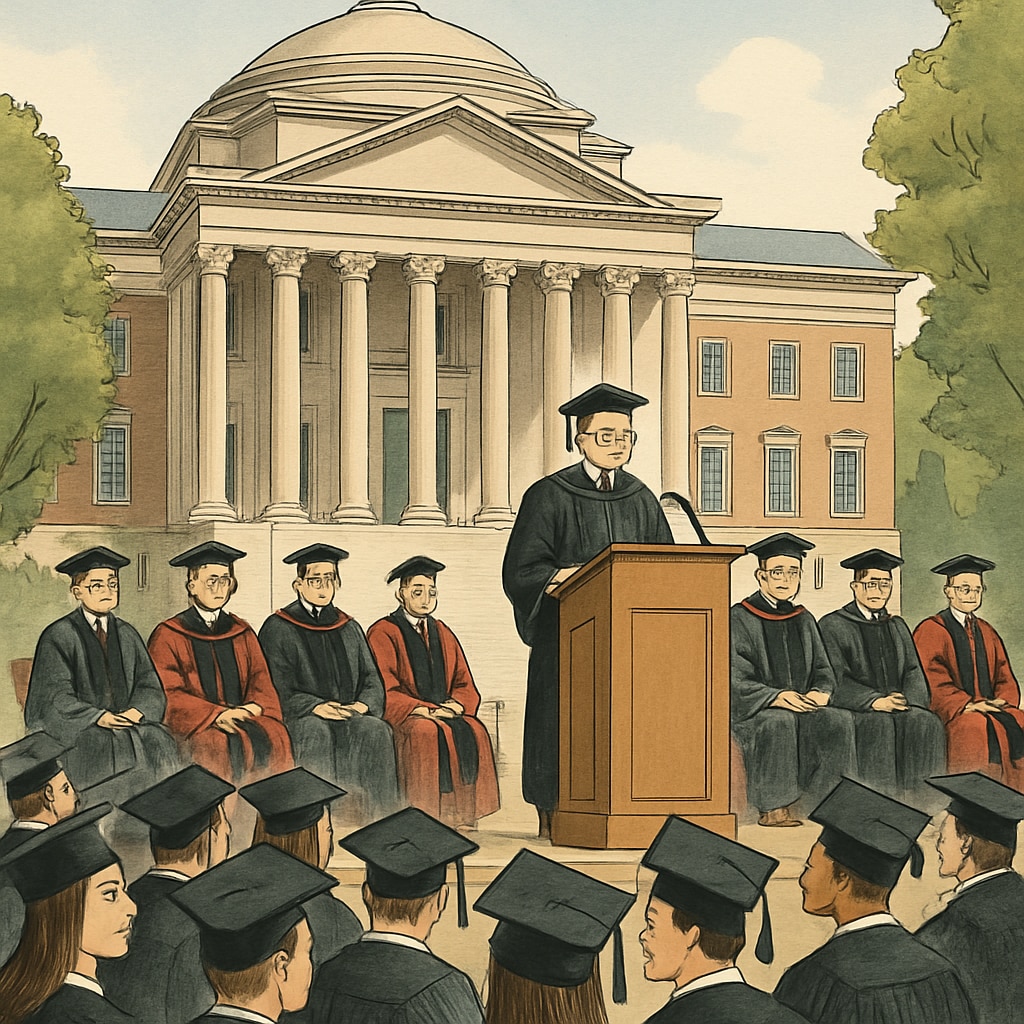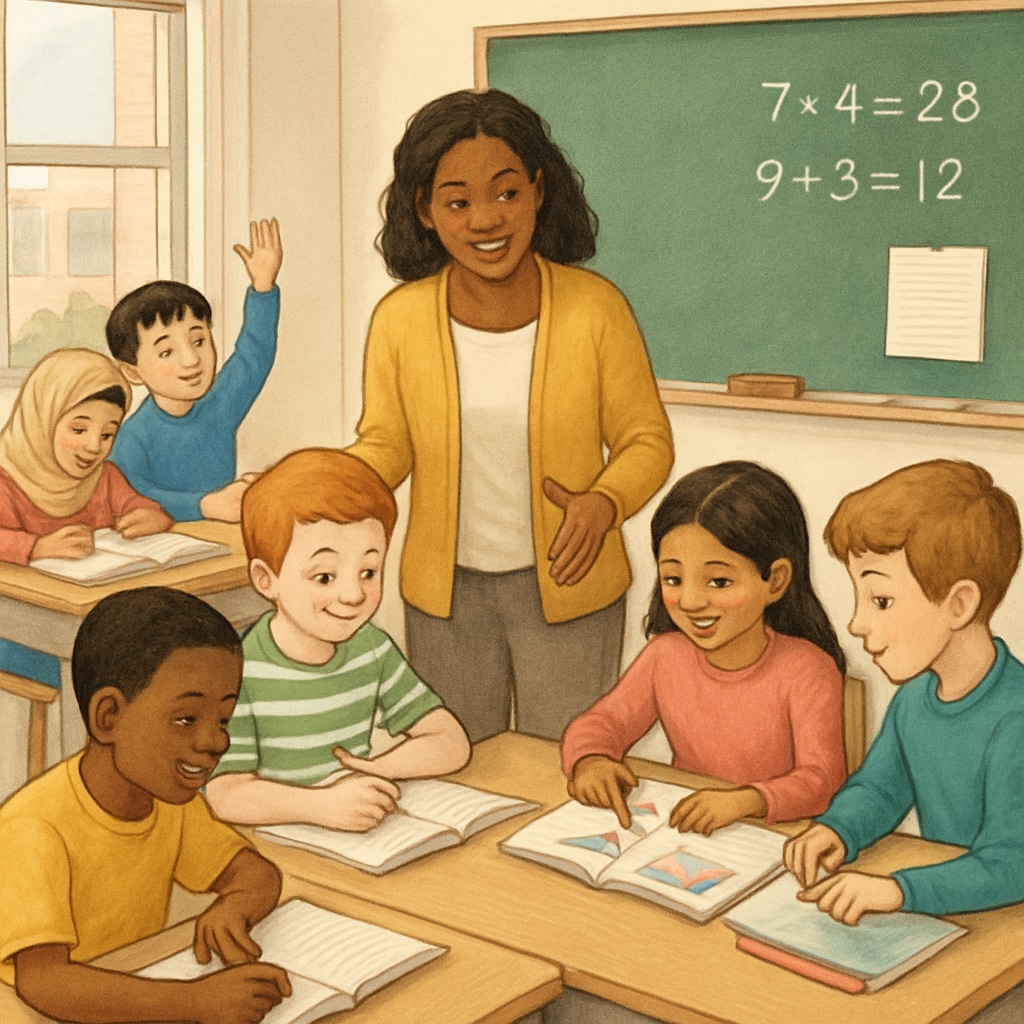In today’s academic landscape, the obsession with Ivy League schools—particularly Princeton University—has reached unprecedented levels. Many parents, educators, and students see these institutions as the ultimate goal of education, believing their prestige guarantees success. However, this uncritical admiration raises important questions: Is Princeton truly worth the hype? Are we overestimating the value of Ivy League institutions as a whole? This article challenges the narrative of elite college worship, exploring its implications for K-12 education and urging a broader perspective on what education should truly achieve.

Is the Ivy League Reputation Justified?
For decades, Ivy League universities like Princeton have been synonymous with academic excellence, social prestige, and career success. This perception is deeply ingrained in society, with families investing enormous time, money, and effort to secure a spot for their children. But does Princeton—or any Ivy League school—really offer a superior education compared to other institutions?
Studies suggest that the benefits of attending an Ivy League school may be overstated. According to research by economists Alan Krueger and Stacy Dale, students who were accepted into Ivy League schools but chose to attend less prestigious institutions achieved similar career earnings to their Ivy League peers. This finding highlights an essential truth: individual talent and determination often outweigh the name of the college on a diploma. For further reading, you can explore the history of the Ivy League.
Moreover, the intense focus on Ivy League admissions can lead to unhealthy competition and stress among K-12 students. The pressure to excel academically, participate in countless extracurricular activities, and craft the perfect personal statement often leaves students exhausted. This raises a fundamental question: Are we prioritizing college prestige over students’ well-being and holistic development?
The Ripple Effects of Elite College Worship
One of the most troubling consequences of this obsession is its impact on the K-12 education system. Schools and families frequently prioritize Ivy League admissions above all else, shaping curricula and extracurricular programs to cater to what these elite institutions value. While this may benefit a small subset of students, it does so at the expense of fostering creativity, curiosity, and individuality.
For example, students may feel compelled to pursue activities that look impressive on college applications rather than those they genuinely enjoy. Similarly, teachers and counselors often focus disproportionately on high-achieving students aiming for Ivy League schools, potentially neglecting those with different aspirations or needs. This narrow focus undermines the broader purpose of education: to help students discover their passions, develop critical thinking skills, and become well-rounded individuals.
Additionally, the societal glorification of institutions like Princeton perpetuates inequality. Admission to these schools is often inaccessible to students from underprivileged backgrounds, not necessarily because of a lack of merit but due to systemic barriers such as expensive test preparation, legacy admissions, and limited access to advanced coursework. As a result, the Ivy League serves to reinforce existing social hierarchies rather than democratizing opportunities.

Rethinking Educational Values
It’s time to shift the conversation away from Ivy League worship and toward a more inclusive and meaningful definition of educational success. Here are a few steps educators, parents, and policymakers can take:
- Emphasize personal growth: Encourage students to explore their interests and strengths, rather than conforming to a narrow definition of success centered on college admissions.
- Promote diverse pathways: Highlight the value of community colleges, vocational training, and non-Ivy institutions, which often offer excellent programs tailored to specific career goals.
- Reduce academic pressure: Foster a supportive environment that prioritizes mental health and well-being over relentless competition.
- Address systemic barriers: Advocate for policies that make higher education more accessible, such as need-blind admissions and increased funding for public schools.
By implementing these changes, we can create a more equitable and fulfilling education system—one that values students for who they are, not where they go to college.
Conclusion: Moving Beyond Princeton and the Ivy League
While Princeton and other Ivy League schools undoubtedly offer excellent opportunities, their reputation as the ultimate measure of success is both misleading and harmful. By overvaluing these institutions, we risk neglecting the diverse talents and aspirations of students, as well as perpetuating a narrow and exclusionary vision of achievement. Instead, let’s celebrate the many pathways to success and redefine what it means to receive a quality education. It’s time to move beyond the Ivy League myth and focus on what truly matters: fostering a lifelong love of learning and equipping students with the skills they need to thrive in an ever-changing world.
For more information about the role of higher education in society, visit Britannica’s overview of higher education.
Readability guidance: This article uses short paragraphs, clear transitions, and bullet points to ensure accessibility. Technical terms are briefly explained, and passive voice is minimized for an engaging and direct style.


